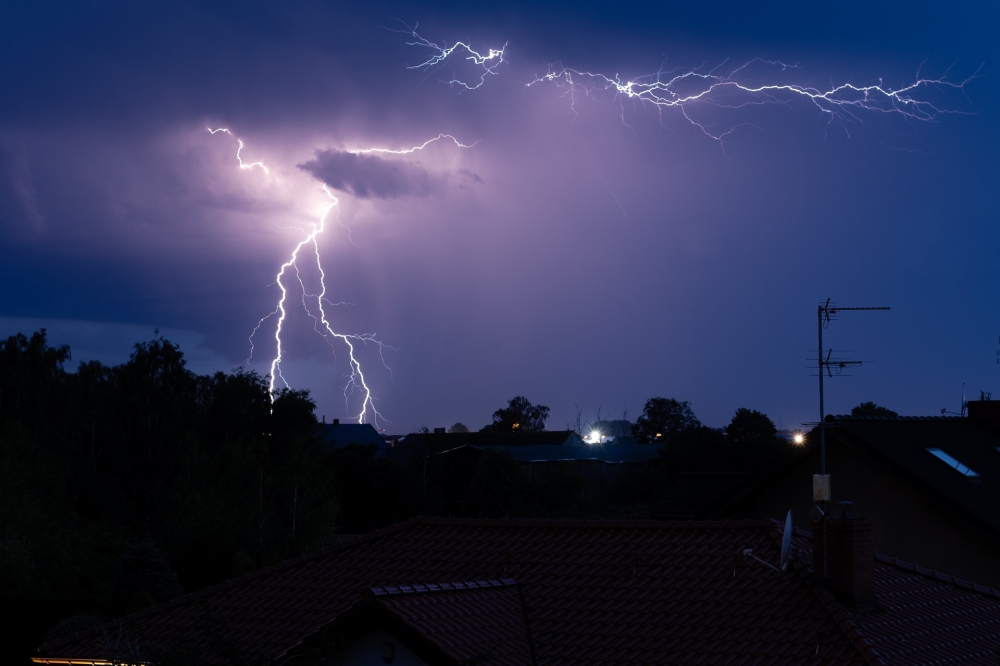June 8, 2011 marked ‘World IPv6 Day’: you probably care less because you did not get a day off but if the Internet is of any significance to you,...


June 8, 2011 marked ‘World IPv6 Day’: you probably care less because you did not get a day off but if the Internet is of any significance to you, you may want to know why one day was set aside for version 6 of the Internet Protocol (IP).
At the core of the Internet are its protocols and the heart of this core is the Internet Protocol. This protocol determines how to turn the address you type into the browser such as www.newtimes.co.rw into the numerical IPv4 address 74.54.226.53.
But that’s not it: your cell phone, laptop/desktop and iPad all have an address; then there’s the infrastructure like routers, web servers, you name it… It becomes easy to see how we are running out of addresses in the four-octet IPv4 space that we currently use. For the less technically inclined, one octet has 8 bits (1s and 0s) and therefore a total of 32 bits and 232 possible addresses (approx 4.3 billion).
Because addresses are running out, system administrators are upgrading the Internet Protocol to IPv6 that offers a total of 128 bits (do the Math) and looks like it will save the day with 10 to the 29th more addresses than IPv4 can accommodate.
Unfortunately the procrastination to migrate to IPv6 that has been on people’s minds for a while means the transition won’t be too smooth as IPv4 and IPv6 are not compatible: the task of scaling to an IPv6 will be challenging at different levels depending on the application.
So why should you care? If your service provider does the job right, then you won’t notice a thing.IPv6 will in fact be more of ‘your friend’ than IPv4 giving you more wireless mobility, more netcentricity, improved auto-configuration, and all that jazz. There are some security concerns that have surfaced regarding IPv6 but that is for another day.
AfriNIC Africa’s Regional Internet Registry projects Africa will exhaust its IPv4 pool on 25 May 2014. To encourage IPv6 migration in Africa, AfriNIC has pushed forward incentives such as reduction of IPv6 fees: Rwanda itself has had its eye on this process, having held an ‘IP Resource Management’ conference in mid 2009 and RURA currently spearheading the transition.For the curious ww.newtimes.co.rw IPv4 address: 74.54.226.53Equivalent IPv6 address: 2002:4A36:E235:0:0:0:0Note to the network engineers inclined to attack me: The IPv4 address above was found using a ‘dig’ query for the DNS records of the address www.newtimes.co.rw but the IPv6 equivalent is merely a HEX conversion to demonstrate the difference between the two using an IPv4-mapped address [::FFFF:4A36:E235] and compatibility address [::4A36:E235].




